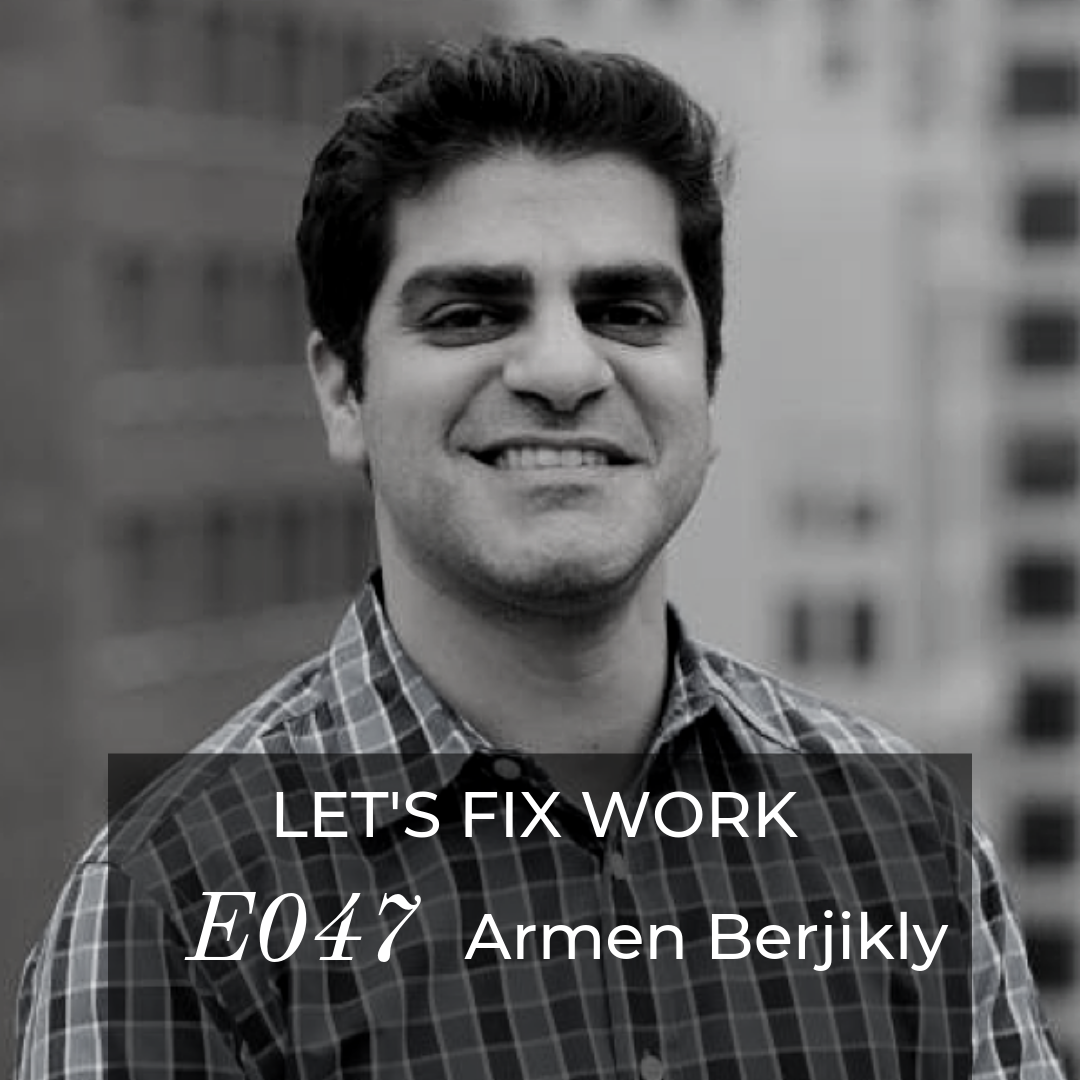
In a recent episode of Let’s Fix Work, I welcomed entrepreneur and technologist, Armen Berjikly. Armen serves as the Senior Director of Growth Strategy at Ultimate Software, where his expertise in human-computer interactions drives Ultimate’s artificial intelligence platform and direction. Through my own work, I have realized that there are many people in the workplace, in the world of Human Resources, and tech that don’t understand how Artificial Intelligence (AI) can aid us in the workforce. So I was pleased to have Armen as a guest, because in my mind he is an expert in AI.
While Armen and I touched on many facets of artificial intelligence throughout our conversation, today I want to focus on how AI can help human resources professionals make better decisions more fairly and with competence.
Let’s start with unconscious biases. Unconscious biases are social stereotypes about certain groups of people that individuals form outside their own conscious awareness. Everyone holds unconscious beliefs about various social and identity groups, and these biases stem from one’s tendency to organize social worlds by categorizing.*
Now let’s see how unconscious biases can have a role in workplace decisions. Every employee has to make decisions all day long. If we’re honest, we make them under duress, right? We have time limitations, resource limitations, information limitations. We have personal limitations. These are all situations where professionals have to make judgment under less than perfect conditions, day in and day out.
And when under pressure, as HR Professionals, we may lean on unconscious bias to help us make decisions. As Armen points out, “That doesn’t seem fair. It doesn’t feel good, and it’s really doesn’t lead to the best workplace environment.”
These are areas where we struggle as people, but a machine does not.
A machine does not have unconscious bias.
Armen says, “What we can do with artificial intelligence is that we can help people make the decisions they need with more competence. We can help them make those decisions more fairly. We can help them make those decisions with more computer evidence behind it and we can make it personalized to their situations. That is the general AI approach, get away from judgment [and instead use AI to help aid us] to make decisions at work.”
By using artificial intelligence to help us make those decisions, we can begin to remove unconscious bias from our decision making, thus fostering a more fair and competent environment.
If you’re interested in learning more about using AI in the workforce, the reality and hope, then listen to this episode of Let’s Fix Work, here.